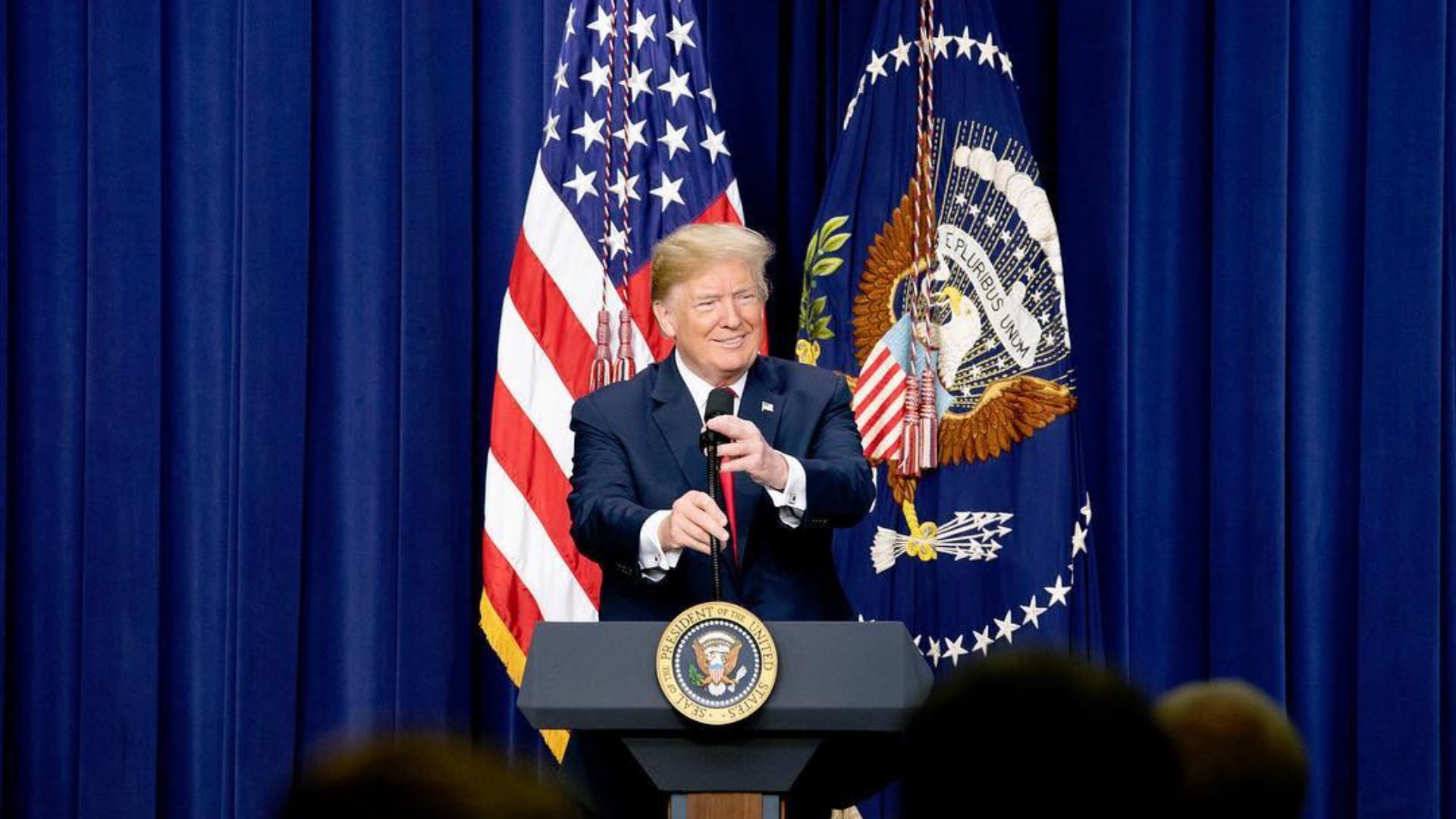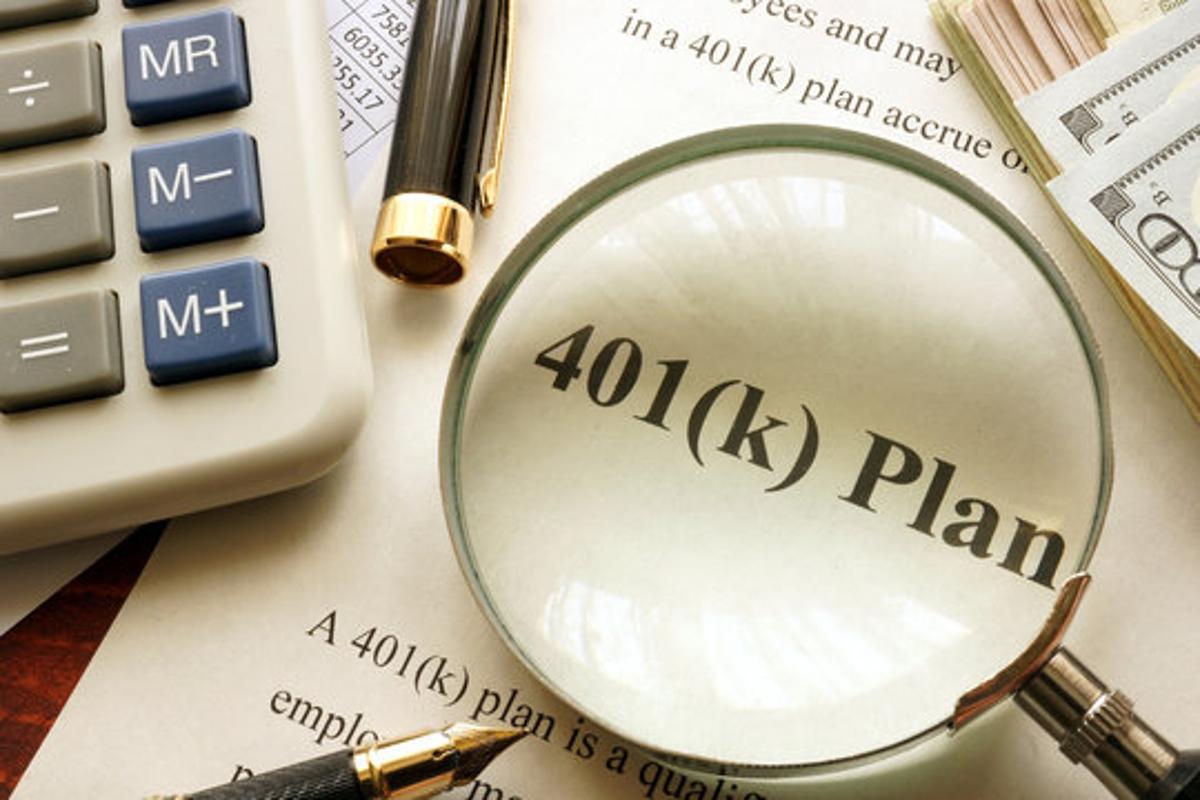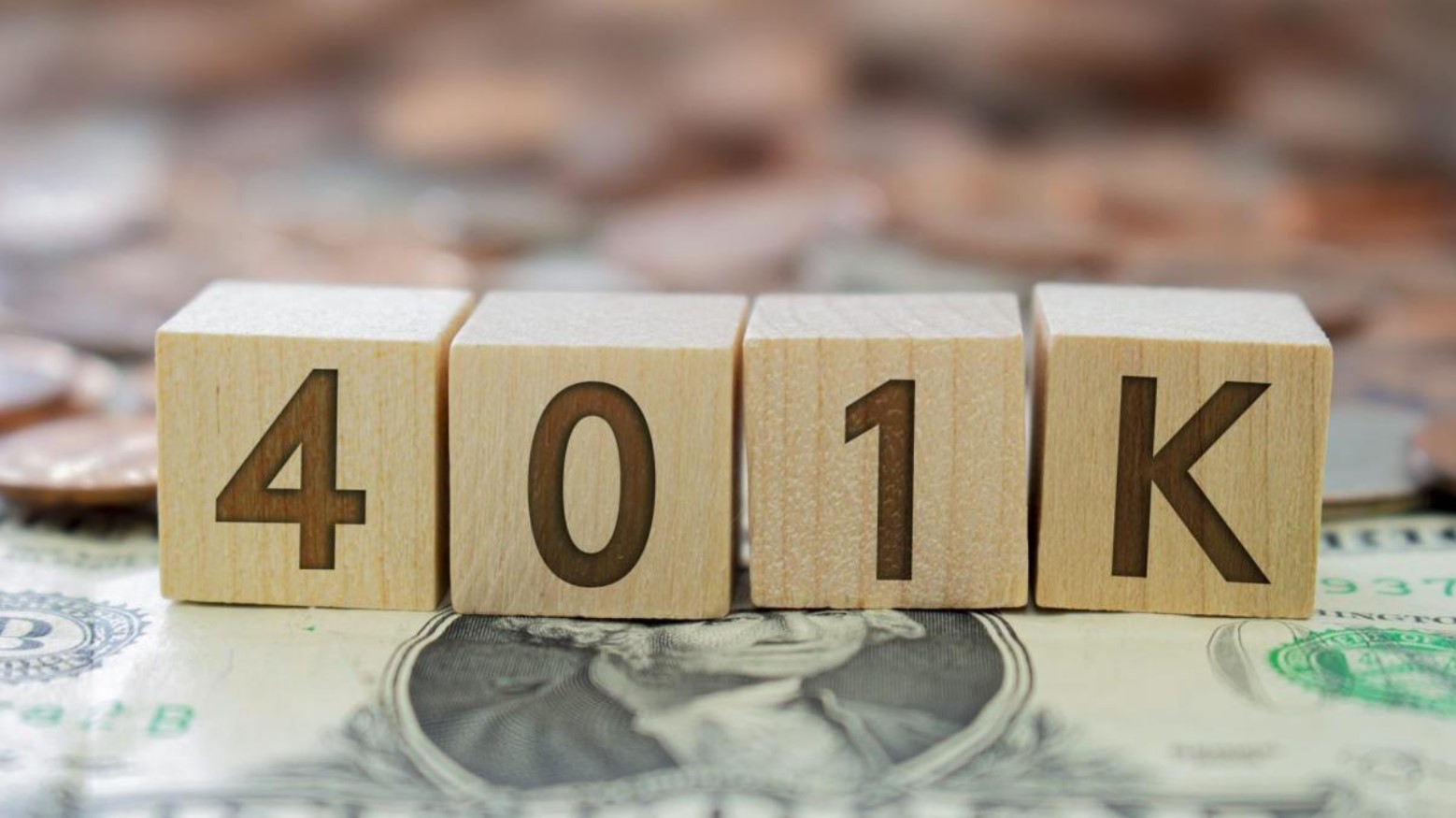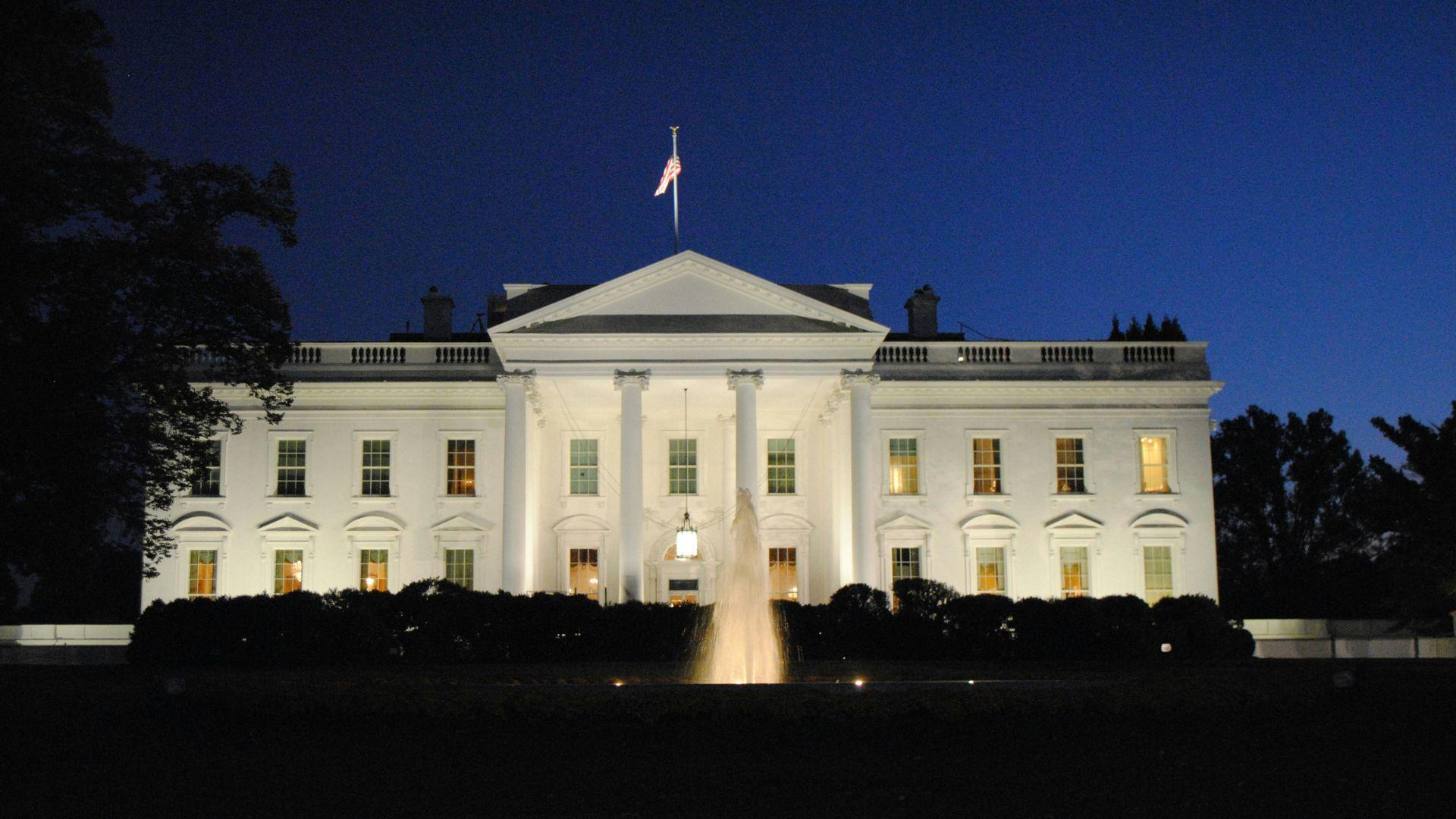President Biden is eyeing an ambitious plan to increase the top rate on long-term capital gains from 23.8% to a whopping 44.6%.
This proposed hike would impact investments like stocks, properties, and even cryptocurrencies.
Who’s Paying Over 50%?

If Biden’s proposal goes through, people in eleven states, including high-tax areas like New York, California, and Hawaii, could see their total capital gains tax exceed 50%.
This could change how residents invest and save.
Timing Trouble: Overlapping Tax Increases

Ted Jenkin, CEO of oXYGen Financial, points out a double whammy—this tax hike might coincide with the expiration of crucial Trump-era tax cuts.
“Americans [might] race to sell off their assets,” he predicts, to avoid steeper taxes later.
Election Impact: 2026 Tax Bombshell?

The 2025 presidential election could be a deciding factor in your future tax bills, especially on long-term capital gains.
“Millions of Americans selling off their highly appreciated stock positions at today’s rates versus paying double in 2026,” Jenkin warns.
Echoes of the Past: Market Risks on the Horizon

The prospect of widespread sell-offs in response to tax changes has historical precedence that can lead to severe market downturns, like the crash of 1929.
This proposed tax hike could potentially unsettle the markets, causing concern among investors about similar outcomes.
More Americans Own Stocks

More Americans are investing in the stock market than ever before, with 58% of US households owning stocks in 2022, up from 53% in 2019.
This statistic from the Wall Street Journal shows that any changes in capital gains taxation could affect a significant portion of the population.
Market Growth vs. Individual Wealth

Since the COVID-19 pandemic’s initial hit, major indices like the Dow Jones and S&P 500 have more than doubled.
Yet, the lion’s share of this wealth has gone to the already wealthy.
Not Everyone Faces the Big Hit

While Biden’s proposed 44.6% tax rate sounds daunting, not all investors will face this.
For instance, singles making $47,025 or less could pay zero in capital gains tax next year. It scales up from there.
Business Owners Brace for Impact

Jenkin suggests that the new tax rules could push business owners to sell sooner than planned, to dodge higher taxes.
This might lead to job losses and stifle new business growth, affecting the entire economic landscape.
The Inheritance Tax Twist

Under Biden’s new rules, inheriting assets might suddenly come with a tax bill, a stark change from current laws that usually exempt inherited property from income taxes.
However, there’s a relief threshold: estates worth $5 million or less are excluded.
What Needs to Happen Next?

For all these changes to take effect, Biden’s proposals need to survive the tough battleground of the 2025 final budget.
Plus, he needs a win in the 2024 elections against Trump, who currently leads him slightly in polls.
No Change on the Horizon from Trump

Despite the looming changes, Trump has not proposed any significant alterations to the capital gains tax framework.
This difference illustrates the distinct fiscal policies of the two leading candidates, shaping the economic debate in the upcoming election and the strategies of investors and financial planners alike.
Impact on Retirement Accounts

Higher capital gains taxes could significantly affect retirement accounts like 401(k)s and IRAs. Investors might reconsider their portfolio allocations, favoring tax-advantaged accounts over taxable investments.
This shift could lead to lower liquidity in the market, impacting overall economic growth. Retirees relying on investment income may need to adjust their withdrawal strategies to manage the increased tax burden.
Retirement Accounts Tactics

Financial advisors may encourage more aggressive tax-loss harvesting to offset higher taxes. This strategy involves selling underperforming assets to reduce taxable gains.
However, the complexity of managing these tactics could increase advisory fees, making retirement planning more expensive.
Real Estate Market Shifts

The proposed tax hike could deter real estate investors from selling properties, leading to decreased market activity. Sellers may hold onto properties longer to avoid higher taxes, reducing the available housing inventory.
This scarcity could drive up property prices, exacerbating affordability issues, especially in already expensive markets like New York and California, where capital gains taxes would be particularly high.
An Even Tougher Market

First-time homebuyers might face additional challenges as higher property prices push homeownership further out of reach. Investors may also pivot towards rental properties, impacting the balance between rental and owner-occupied housing.
This shift could lead to an increase in rental prices, further straining housing affordability. Policy adjustments might be necessary to mitigate these potential disruptions in the real estate market.
Cryptocurrency Investments

Cryptocurrency investors, already accustomed to market volatility, may react sharply to increased capital gains taxes. Higher taxes could prompt a surge in selling before the hike takes effect, leading to short-term market instability.
Long-term, investors might adopt a buy-and-hold strategy to defer tax liabilities, reducing trading volumes and liquidity in the crypto market, potentially impacting price discovery mechanisms.
Capital Flight Potential

Regulatory clarity will become crucial as the tax environment for cryptocurrencies evolves. Investors might seek out tax-efficient jurisdictions, leading to capital flight from the U.S.
Additionally, higher taxes could discourage new entrants into the crypto market, slowing the pace of innovation.
Small Business Consequences

Small business owners facing higher capital gains taxes may accelerate their exit plans, selling businesses sooner to lock in lower rates. This rush to sell could flood the market with businesses, potentially depressing valuations.
On the flip side, prospective buyers might be deterred by the higher taxes, leading to a slowdown in small business transactions, which could negatively impact job creation and economic dynamism.
Starup Concerns

The increased tax burden could also stifle entrepreneurial ventures, as potential founders reconsider the long-term profitability of new businesses.
Investors might demand higher returns to compensate for the increased tax risk, raising the cost of capital for startups.
Wealth Inequality and Economic Disparity

While aimed at the wealthy, higher capital gains taxes could widen economic disparities. Wealthier individuals have more resources to engage in sophisticated tax planning, potentially avoiding the brunt of the tax hike.
In contrast, middle-class investors might bear a disproportionate share of the burden, as they have fewer options to mitigate tax impacts. This could widen the gap between existing wealth inequalities and economic divisions.
Impact on Tech and Innovation Sectors

Higher capital gains taxes could dampen investment in high-growth sectors like technology and biotech. Venture capitalists might become more cautious, reducing funding for startups and early-stage companies.
This hesitation could slow down innovation and the development of new technologies. Established tech firms might also see a shift in shareholder behavior, with investors holding onto shares longer to defer taxes, affecting market liquidity.
Philanthropy and Charitable Contributions

Changes in capital gains taxes might influence the amount and timing of charitable donations. Higher taxes could incentivize individuals to donate appreciated assets to offset tax liabilities, potentially increasing contributions.
However, the complexity of new tax laws might deter some donors, leading to a decrease in overall charitable giving. Non-profits might need to adjust their fundraising strategies to navigate this new landscape.
Thoughtful Adjustments are Needed

Biden’s proposed capital gains tax hike could have wide-ranging effects across various sectors of the economy. From retirement savings and real estate to small businesses and innovation, the potential impacts are significant.
Policymakers and investors alike must navigate these changes carefully to balance revenue needs with economic growth and stability.
